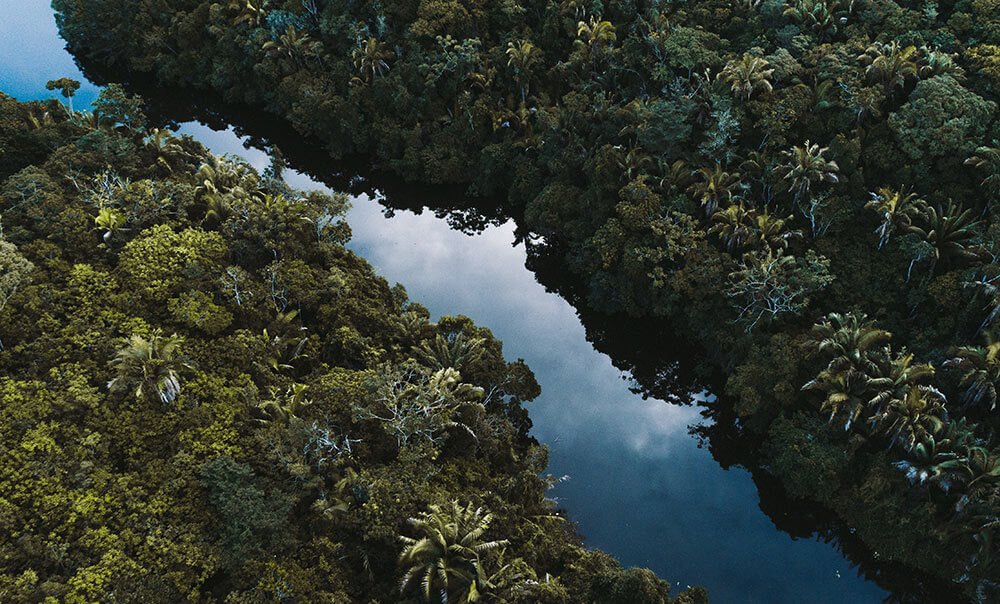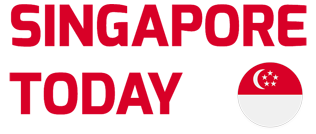CBC News is committed to transparency and accountability to our audience whenever we make an error or need to clarify a story. Until now, we noted any corrections or clarifications to online articles at the bottom of the story; TV or radio correctives were done on air on the relevant broadcast.
Effective Jan. 1, 2021, as part of this commitment to transparency, CBC News is also publicly tracking significant corrections or clarifications to our TV and radio news reports and online articles.
Oct. 17, 2024
On Oct. 15, Your World Tonight aired a story about the organization Samidoun, which was declared a terrorist entity by the Government in Canada. The story described Samidoun as a “registered charity.” In fact, the group is a non-profit and does not have charity status in Canada. A clarification was aired on Your World Tonight on Oct. 16.
Oct. 9, 2024
On Oct. 9, World Report aired a story that stated the Green Party Leader of British Columbia, Sonia Furstenau, was expected to win in the electoral district she’s running in, for the upcoming B.C. provincial election. In fact, polls suggested the B.C. New Democratic Party candidate is favoured to win that race in Victoria-Beacon Hill. A correction was aired on World Report on Oct. 10.
Sept. 6, 2024
On Aug. 30, CBC News in Newfoundland and Labrador reported on the parole of former RNC officer and convicted sex offender Doug Snelgrove. We originally reported that his parole date was set for summer of 2025. In fact, he would have been eligible for full parole in January of 2025, and his statutory release date is April of 2026. The story was updated and a new headline added. A correction notice was posted to the story. A correction was also broadcast on Here and Now on Sept. 5.
July 31, 2024
On June 27, 2024, CBC Ottawa News at 11 aired a story about a former Ottawa neurology resident who misrepresented himself as a fully licensed doctor and provided medical services to dozens of patients during the 2022 Freedom Convoy protests. CBC referred to ivermectin as a “drug that is usually meant for livestock and is dangerous to humans.” In fact, there are two forms of ivermectin: one approved for veterinary use and one approved for use in humans to treat parasitic infections. Neither, however, is approved for the treatment of COVID-19.
July 26, 2024
On May 22, 2024, families of Israeli hostages taken by Hamas in the Oct. 7, 2023 attacks released an edited series of video clips that were shot Oct. 7. The video was provided to the Hostages Families Forum by the Israel Defence Forces. It shows Hamas militants with five Israeli female conscripts. Translation of the Arabic speech on the video was distributed with the video. Based on that translation, CBC News reported that one militant referred to the soldiers as “women who can get pregnant.” CBC News did not independently translate the audio before broadcast and, in fact, that translation is in dispute.
A clarification note was added to all online versions of this reporting.
Clarifications were also broadcast on radio and television programs where the original story aired.
May 30, 2024
World Report aired a story on May 25, 2024 about low water levels at Great Slave Lake. The story said the Mackenzie River drains into the lake. In fact, the river carries water from Great Slave Lake north to the Beaufort Sea. A correction aired on the program on May 30.
May 29, 2024
Your World Tonight



